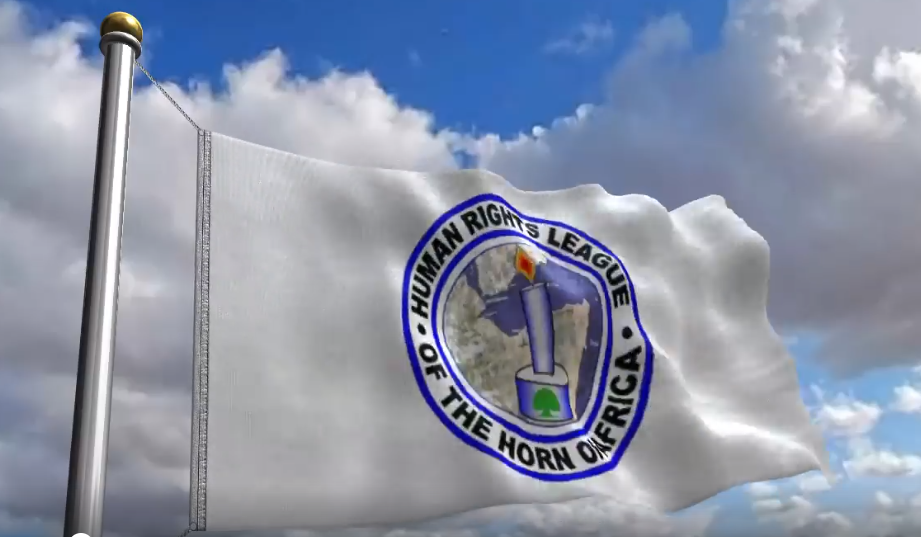DADACHABULLA, 20 August 2010 (IRIN) – Mohamed Barre Ali lives in Dadachabulla, in the northeastern Kenya area of Wajir South. Ali, an elder and chairman of the local peace committee, told IRIN how years of instability in neighbouring Somalia are affecting his village, about 10km from the border.
“I am an old man, more than 65 years old. I was born here in Dadachabulla and spent most of my life herding, moving with livestock in search of pasture and water and engaged in a small family business.
“In the past, Dadachabulla, shared by Kenya and Somalia, was popular with livestock owners because of the availability of water and pasture – it was an active trading post, a stop-over for traders and travellers from Somalia.
“Big business deals were made here; people got wealthy selling livestock, food, animal drugs and other goods.
“Communities in Dadachabulla lived as one, the border made no difference until Somali [President] Siad Barre’s government was toppled in 1991. This marked a new life for the community.
“Some of our friends and family who lived across the border migrated but they were now required to register as refugees, unlike in the past.
“Dadachabulla changed and became a transit point for thousands of Somalis fleeing fighting.
“People [on the Kenyan side] persevered … business went on and traders continued purchasing goods and livestock – young girls and women still took milk to the market, but for a while.
“Families that have been living in trading centres, makeshift settlements and grazing areas for more than four decades in Dadachabulla and Diff [in Wajir] and Harhar, Harhache, Kolbio and Liboi [in neighboring Garissa] areas are leaving.
“Some [people] have been attacked, injured and killed in intense fighting between [Somalia’s] Al-Shabab and Hisbul Islam militia as they grazed their animals along the border.
“It is risky to pursue stolen animals in a stateless country and traders have stopped engaging in cross-border business after being robbed.
“The migration of livestock owners away from the border has also led to a shortage of milk; food prices have increased.
“This is the saddest time for the community in Dadachabulla – mourning the death of a friend or relative on the other side of border is common these days.
“Since April, it has become clear that our centre is dying and it all started when a group of armed men attacked us, fired [their guns] all over the place and held us hostage for hours.
“In another attack on a hotel in June, they injured four people and shot a young girl. Three people were kidnapped but later released. Several other attacks have been intercepted by army officers on patrol.
“Our land has become a warzone.
“Al-Shabab accuses us of harbouring Hisbul Islam militia, but we are innocent.
“Some families are disguising themselves as Somali refugees to get food and medical assistance, not because they are corrupt but because they are desperate. NGOs that could assist are afraid of working here.
“Civil servants are also not willing to work here and our sons and daughters are unable to secure jobs as they cannot travel due to the risk of being mistaken for aliens and getting arrested.
“This situation should be declared a disaster and peacekeepers sent here to protect civilians on both sides of the border.”
na/aw/mw
